The globe is covered with metro areas that are dealing with housing valuation bubbles, according to a new report by UBS.
The UBS Global Real Estate Bubble Index for 2018, which analyzes property prices in 20 developed market financial centers around the world, found that housing markets were overvalued in most of the markets studied.
That means housing bubbles are a problem across the board, according to the report, with pockets of overvaluation found in Asia, Europe, Australia and North America.
In the U.S., the only housing markets found to be stable were in Boston, where housing was deemed to be fairly valued, and Chicago, where homes were considered undervalued.
Bubble risk soared in areas of Europe and Asia, however, and continued to grow in some parts of the U.S., according to the report.
One note of relief to economists and market watchers was the report's conclusion that housing prices are still far from being as overvalued as they were preceeding the 2008 financial crisis.
"Although many financial centers remain at risk of a housing bubble, we should not compare today's situation with pre-crisis conditions," said Mark Haefele, chief investment officer at UBS Global Wealth Management. "Nevertheless, investors should remain selective within housing markets in bubble risk territory."
The study also found that the median price-to-income multiple of the cities in the study increased from 5.5 in 2008 to 7.5 today. "Most households can no longer afford to buy property in the top financial centers without a substantial inheritance," the study concluded.
Here is how the 20 cities looked at in the study stacked up in terms of their index score and housing bubble risk:
20. Chicago
-0.62 (Undervalued)
Inflation-adjusted home prices have gone up 15 percent since hitting a low point in 2013, but prices remain almost 30 percent below their 2006 peak, the report said. Declining population, a sluggish economy and a "challenging fiscal outlook" have retarded growth, the report said.
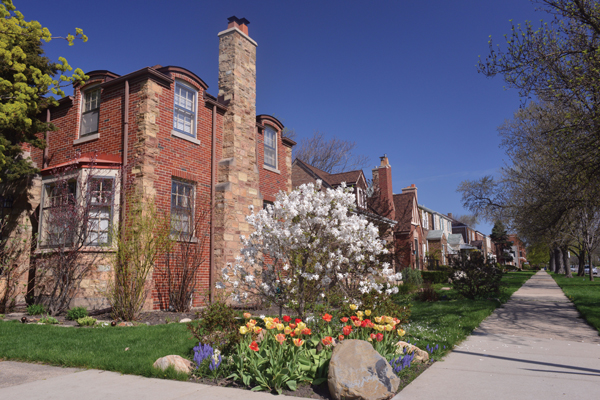
19. Milan
0.03 (Fair-valued)
Inflation-adjust prices remain about 30 percent below their 2007 peak, the report said. The city has the most affordable homes of all European cities studies, but Italy's political instability has limited demand, the report said.
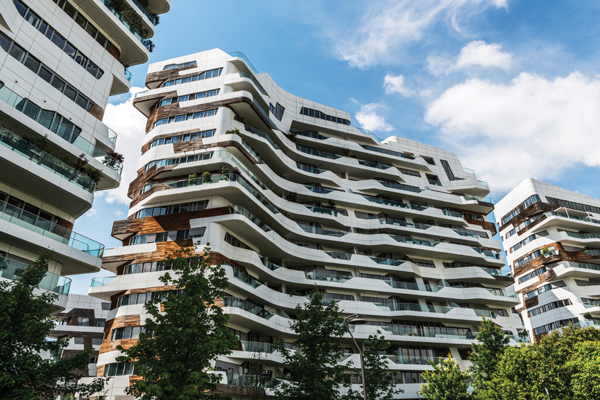
18. Singapore
0.44 (Fair-valued)
Inflation-adjusted home prices rose 9 percent last year after six years of correction, the report said. Prices are 5 percent below their 2011 peak. Government regulation has clamped down on land price speculation, limiting price growth, the report said.

17. Boston
0.45 (Fair-valued)
"Housing prices have risen roughly in line with the national average despite the better growth of the regional economy and residents' incomes," the report stated. Slowing population growth and rising mortgage rates could continue to limit price appreciation, the report added.

16. New York
0.68 (Overvalued)
In Manhattan, real prices fell 5 percent compared to the previous year, and plunged even more in the luxury sector, primarily due to the new limit on SALT deductions under Trump's tax reform. Homes remain slightly overvalued, however, with inflation-adjusted housing prices up 25 percent since 2012, the report said, adding that Fed tightening could lead to falling prices.
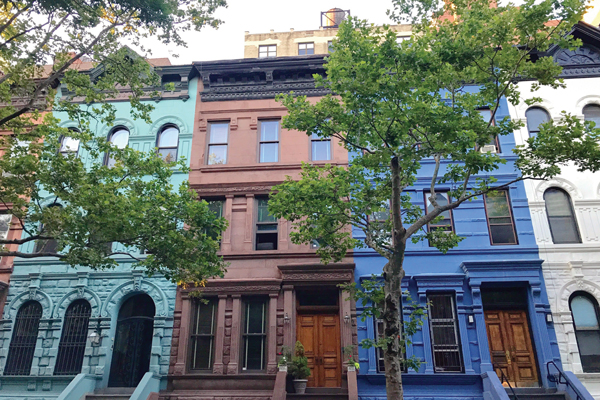
15. Geneva
0.68 (Overvalued)
Prices dropped slightly this year and are back to the levels of three years ago, partly due to strict lending regulations, the report said.

14. Tokyo
1.09 (Overvalued)
The city's housing market is disconnected from the rest of the nation: Since 2015, prices in the city are up 17 percent, while they are flat nationwide.

13. Zurich
1.10 (Overvalued)
Home valuations remained virtually unchanged over the past year due to tight lending restrictions and an increased supply of housing.
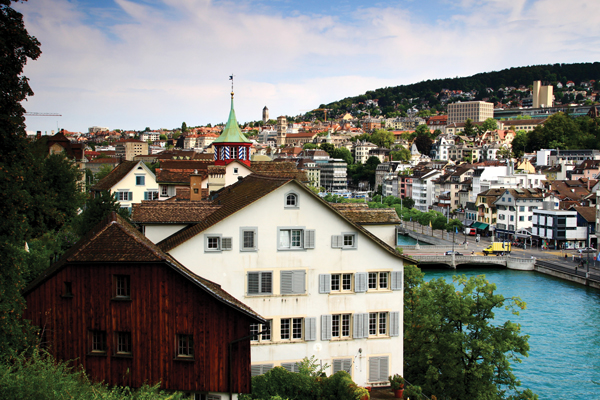
12. Los Angeles
1.15 (Overvalued)
Inflation-adjusted home prices rose 6 percent last year and are now 40 percent higher than in 2013, the report said. "Housing affordability is stretched and could lead to slower price growth in light of the rise in mortgage rates," the report said.
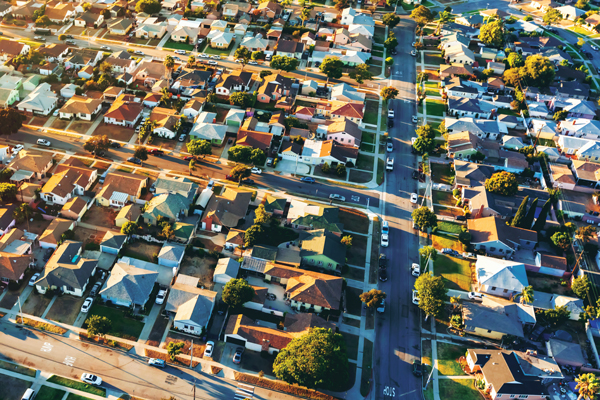
11. Sydney
1.29 (Overvalued)
Prices peaked last summer and have slid moderately since due to tighter lending conditions, the report said.
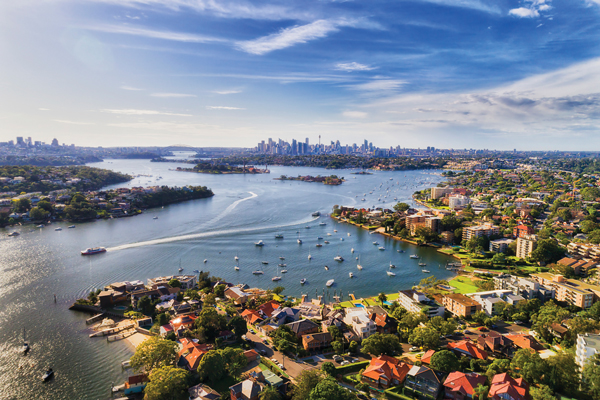
10. Frankfurt
1.43 (Overvalued)
Another city that is seeing home prices increase due to demand driven by expected Brexit gains, Frankurt housing prices have increased 15 percent over the last year.

9. San Francisco
1.44 (Overvalued)
Real housing prices in the city have increased 80 percent over the last six years, partly due to a thriving local economy and robust foreign demand. The city has enjoyed 20 percent income growth over the past decade, but home affordability has still worsened during that time in both the ownership and rental markets, the report stated.

8. Paris
1.44 (Overvalued)
"Housing price growth accelerated in recent quarters on the back of attractive financing conditions, improving economic sentiment and 'Brexit-gain' fantasies," the report said.
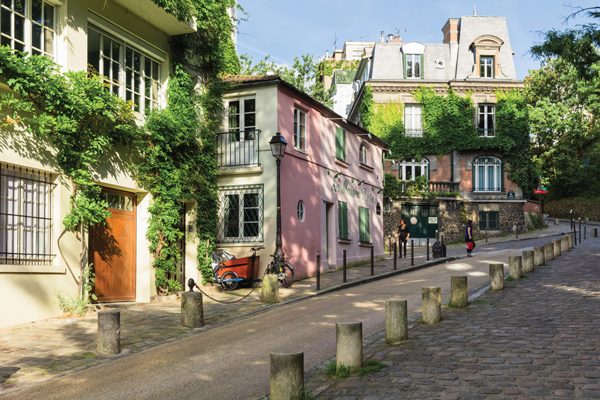
7. Stockholm
1.45 (Overvalued)
Population growth caused inflation-adjusted prices to climb 60 percent between 2007 and 2017, but prices started to drop the middle of last year as the market was unable to sustain such high prices, the report said.
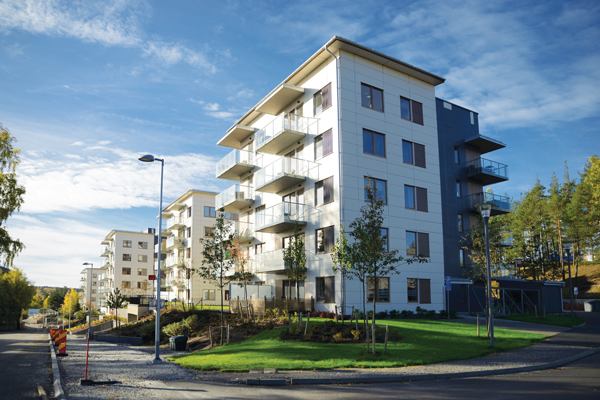
6. London
1.61 (Bubble risk)
Although still at bubble-risk levels, the city's index score dropped for the second straight year, with inflation-adjusted prices more than 10 percent higher than in 2007. Housing in the city generally remains unaffordable for the city's citizens, the report said, noting that a flat near the city center costs 15 average yearly incomes.
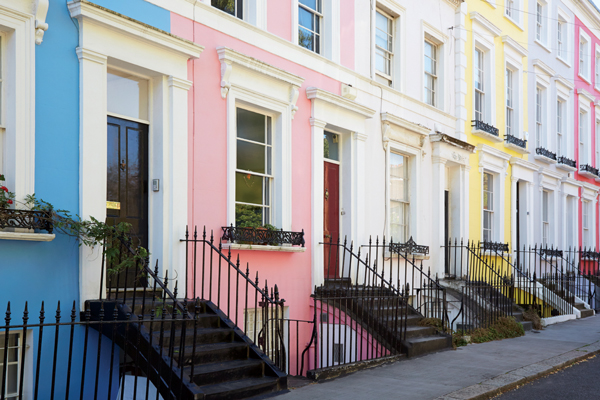
5. Amsterdam
1.65 (Bubble risk)
Home prices climbed 12 percent in inflation-adjusted terms over the past year and are now 60 percent higher than in 2013, according to the report. One of the reasons for the price growth is that Amsterdam has had the strongest income increases since 2013 among all the cities studied.
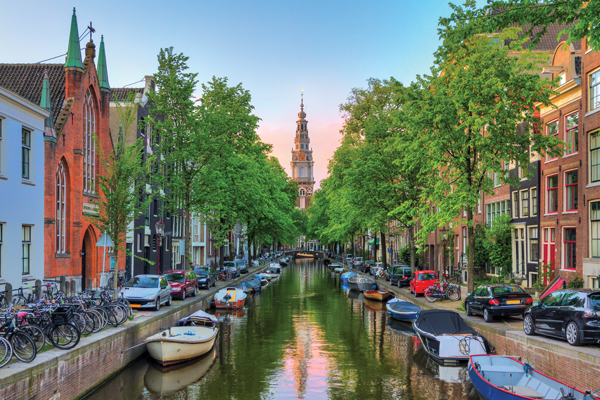
4. Vancouver
1.92 (Bubble risk)
Home prices have risen over the past year at a double-digit rate, the report said. Real prices have doubled in 12 years, causing a bubble risk that could pop if mortgage rates increase.
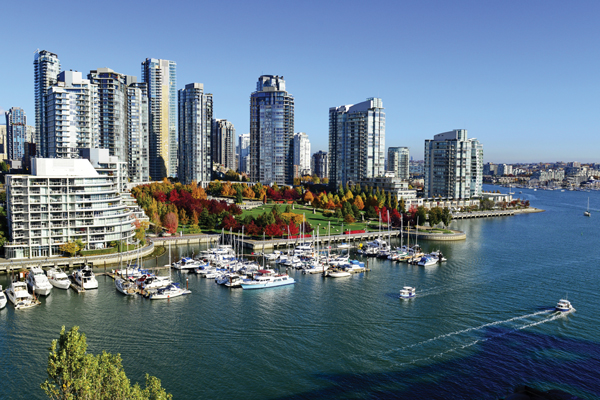
3. Toronto
1.95 (Bubble risk)
Prices have stabilized since last year, when the city experienced a home-buying frenzy, the report said. Still, in inflation-adjusted terms, home prices are 50 percent higher than five years ago.
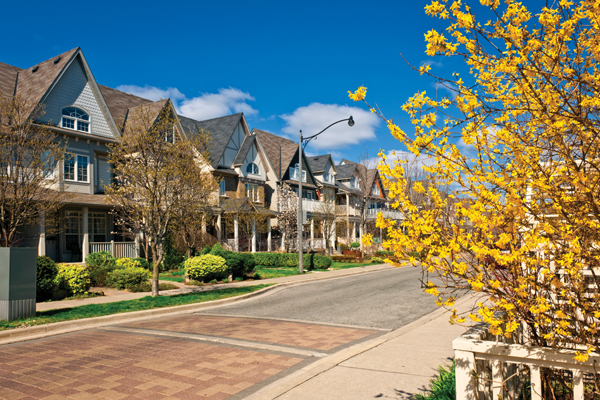
2. Munich
1.99 (Bubble risk)
Prices here have doubled in the last 10 years and continue to boom, while rents jumped 9 percent last year, the report said, adding that a correction is likely if mortgage rates rise.
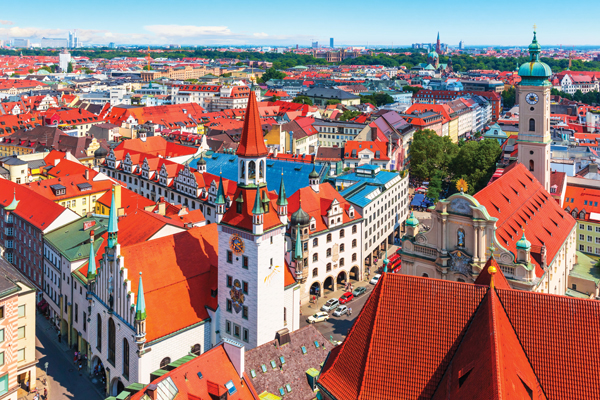
1. Hong Kong
2.03 (Bubble risk)
The city has a chronic undersupply of housing, while demand continues to grow as Hong Kong remains an attractive place to live for both local and foreign investors. Since 2008, housing prices have doubled and rents have gone up 15 percent--all while incomes have remain unchanged in real terms.
